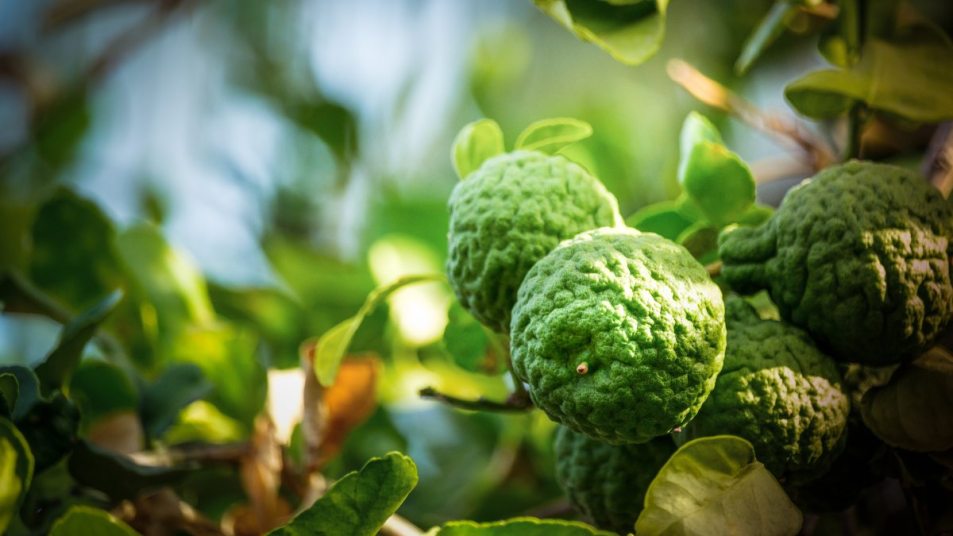Meet the Wrinkly Italian Fruit Whose Extract Reduces Bad Cholesterol and Increases HDL
You've probably tasted it before.

If you’ve ever been to Italy, you might have noticed that the fruits featured in many dinners and desserts are ones you know and love. Lemons, oranges, apples, pears, and peaches are all commonly seen and tasted. But there’s one important fruit that rarely appears on the menu: citrus bergamot.
Once you see a picture of bergamot, the lack of it on menus won’t come as much of a surprise. The fruit, which originated in Italy, is about the size of an orange and doesn’t look very appetizing — or even edible — with its thick, wrinkly, deep-green peel. But you’ve probably tasted it before; the oil from the rind is used to flavor Earl Grey tea.
In addition to flavoring tea, bergamot juice and peel were used in traditional Italian medicine to treat fevers, sore throats, back pain, mouth and skin infections, and upper respiratory infections. In the modern day, researchers are finding that extracts of the wrinkly fruit are linked to better cholesterol levels.
The Link Between Bergamot and Better Cholesterol
Research suggests that bergamot is a healing fruit for high cholesterol. Scientists conducting a 2011 study, for example, found that volunteers who took 500 milligrams of a bergamot supplement for three months experienced a 20 percent reduction in their total cholesterol levels. In another study from 2016, participants who took 150 milligrams of flavonoids extracted from bergamot also experienced reduced cholesterol levels. Yet another study conducted on animals found that bergamot juice was linked to not only lower “bad” cholesterol, but higher “good” cholesterol.
The Science Behind the Health Benefits
So, what makes bergamot extract so good for your cardiovascular health? As explained in a scientific review from the Integrative Food, Nutrition, and Metabolism journal, it contains an especially high concentration of flavonoids as compared to other citrus fruits. Flavonoids (plant compounds with antioxidant properties) reduce inflammation in the body. And certain flavonoids in bergamot prevent the inflammation caused by “bad” LDL cholesterol.
Of course, this doesn’t mean that you can expect a citrus bergamot supplement to counteract the effects of an unhealthy diet. If your diet consists of unhealthy fats, lots of red meat, and high levels of refined sugar, you’ll need to address your food choices first. Still, the supplement could be a positive addition to your routine. If you want to try it, we like Swanson Bergamot Extract, 500 milligrams per capsule (Buy from iHerb, $12.89). (Interested in more natural ways to lower cholesterol? Click through to see how red sage plant can cut total cholesterol 35 points.)
Note: Always talk to your doctor before trying a new supplement. Bergamot may cause mild side effects, including dizziness, muscle cramps, and heartburn. It may also cause your blood sugar to drop.
This content is not a substitute for professional medical advice or diagnosis. Always consult your physician before pursuing any treatment plan.













